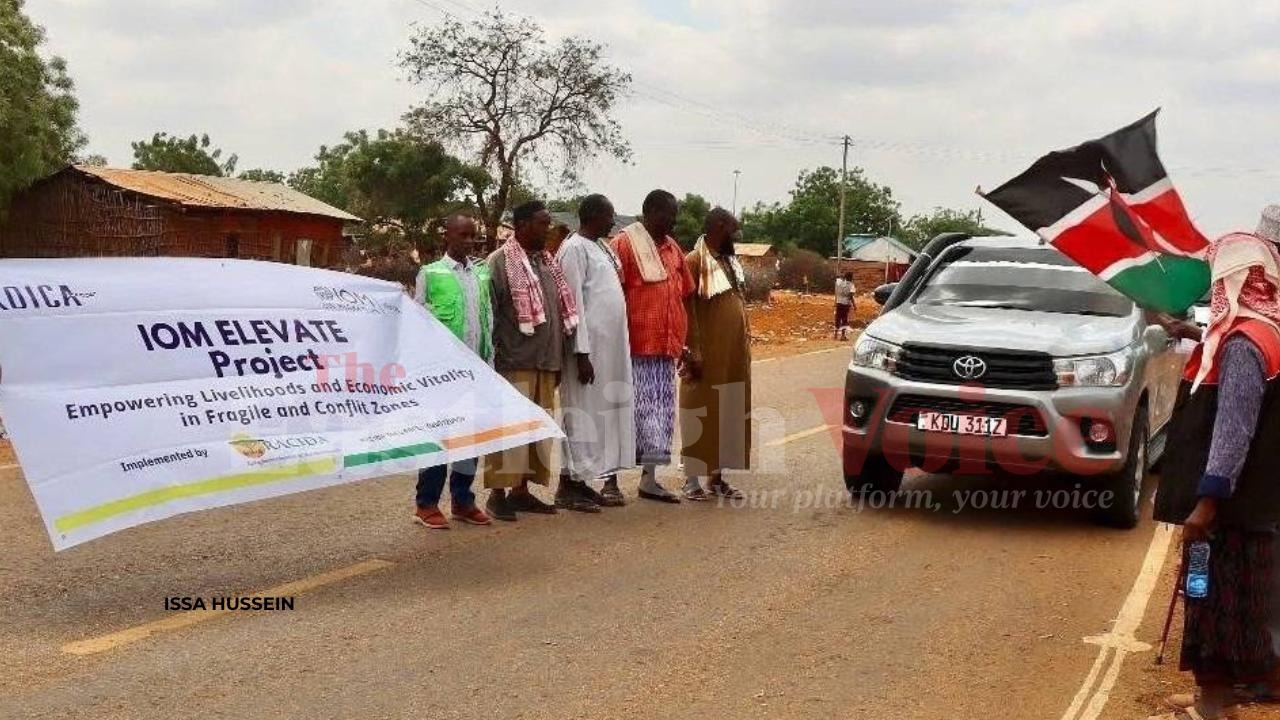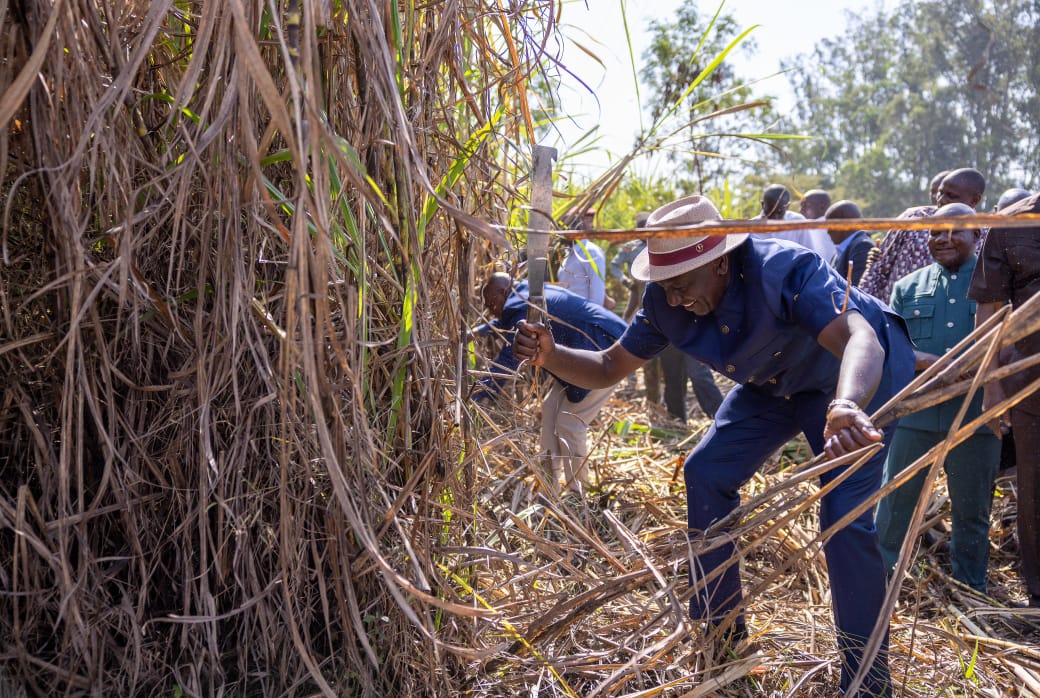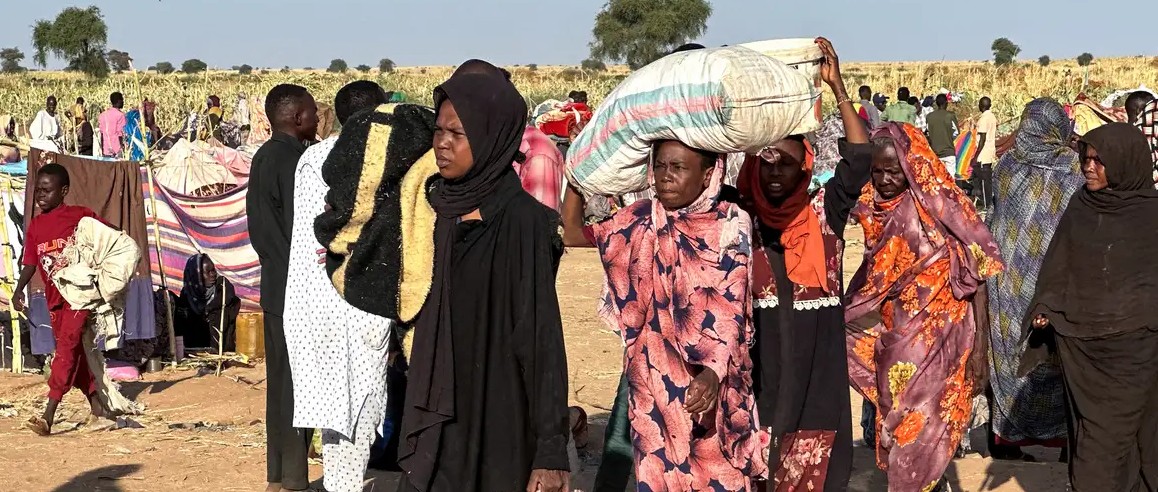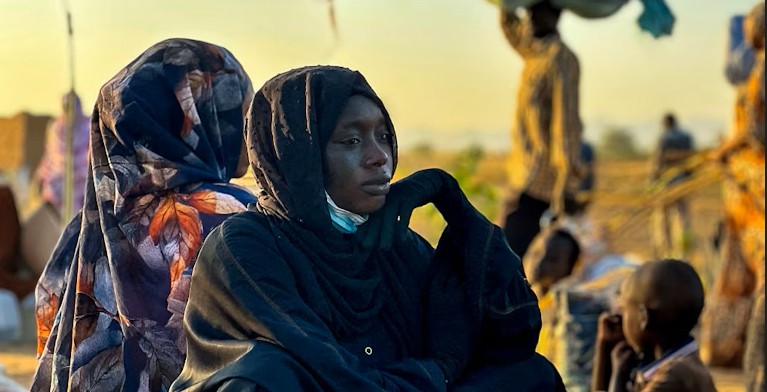Cholera epidemic claims 3,747 lives in Africa in 2024, with Sudan leading fatalities - Africa CDC
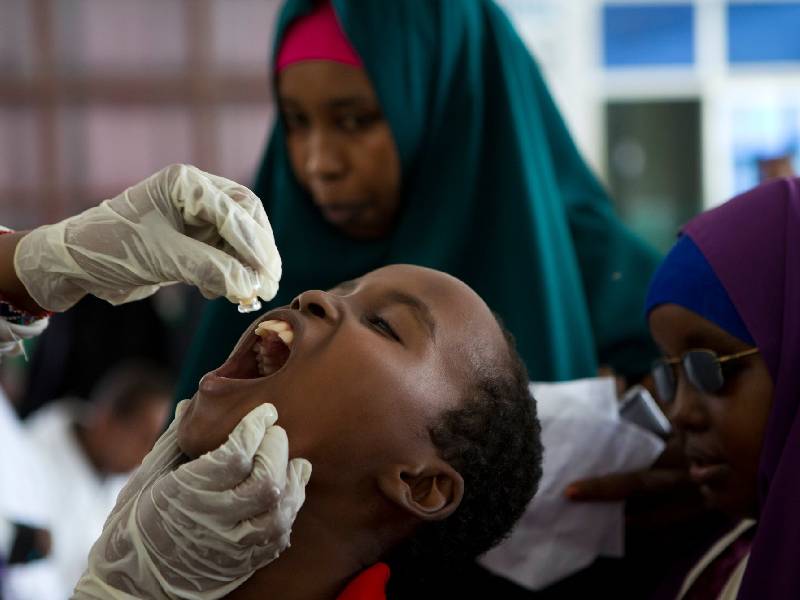
Kenya, although less severely affected, has reported 300 cases and three deaths.
The cholera epidemic in Africa has claimed 3,747 lives in 2024, with Sudan at the forefront, recording the highest number of deaths at 924.
The Democratic Republic of Congo (DRC) follows closely, reporting 415 fatalities.
More To Read
- Health officials urge vigilance as cholera claims four lives in Narok
- Sudan cholera outbreak kills 80, infects over 2,100 in Darfur states
- Kenya's cholera outbreak claims 18 lives across seven counties
- African leaders commit to ending cholera epidemic by 2030
- Slum life breeds silent cholera risks amid poor sanitation
- Cholera outbreak claims six lives, 97 cases confirmed in three counties
These figures were highlighted in the Africa CDC Epidemic Intelligence report, which also noted that 235,387 cases of cholera have been confirmed, suspected, or probable across 20 African Union (AU) member states.
The report revealed a worrying trend, with several countries facing severe outbreaks, especially in Sudan, DRC, and South Sudan, where the death toll has risen sharply.
Sudan's protracted outbreak, which started in July 2023, continues to worsen amid a complex humanitarian crisis.
As of the latest update, Sudan has reported a total of 51,615 cases, with 924 deaths, marking a case fatality rate (CFR) of 1.8%. In the DRC, a similar crisis persists, with 30,373 reported cases and 415 deaths, contributing to a CFR of 1.4%.
Kenya, although less severely affected, has reported 300 cases and three deaths.
Strained health resources
The ongoing cholera outbreak in the country is part of a broader regional challenge that has stretched health resources and underscored the need for urgent intervention.
The report also highlights that in epidemiological week 52 alone, 6,440 new cases and 76 new deaths were recorded across eight AU member states, including Ghana, Malawi, Mozambique, South Sudan, Sudan, Tanzania, Zambia, and Zimbabwe.
In Ghana, the situation has improved with a decrease in new cases, while in Mozambique, the outbreak continues to affect the Nampula province, with a CFR of 7.4 per cent.
The Africa CDC continues to urge AU member states to ramp up surveillance and case management.
The ministries of health in the affected regions are also working to implement water, hygiene, and sanitation interventions to curb the epidemic's spread.
The cholera infection spreads easily when one ingests contaminated water or food.
The resultant diarrhoea can lead to severe dehydration and death if untreated.
We must prioritise personal hygiene and sanitation. Washing hands with soap and clean water, ensuring that drinking water is boiled or treated, and avoiding street food are critical steps to prevent infection.
Communities should also work together to ensure public water sources are safe and waste disposal is managed properly to prevent contamination.
Top Stories Today











